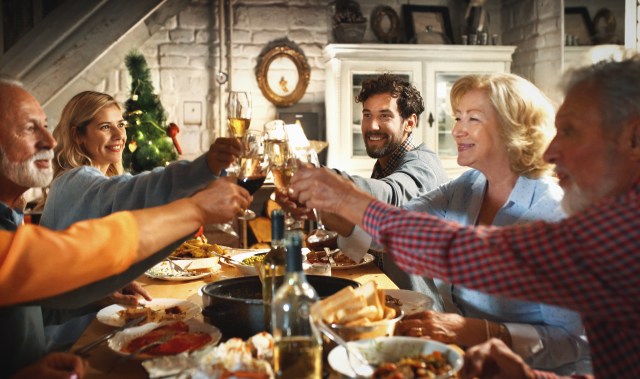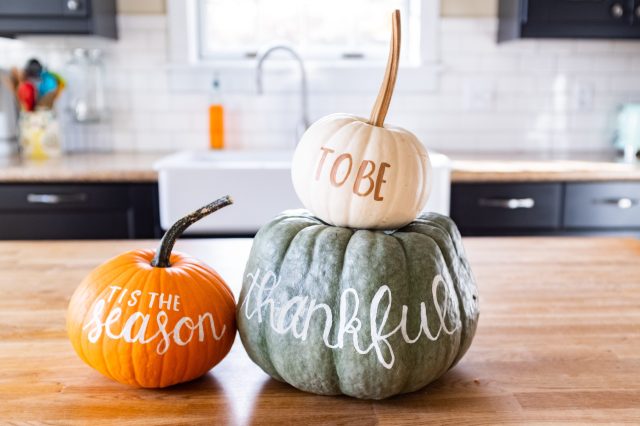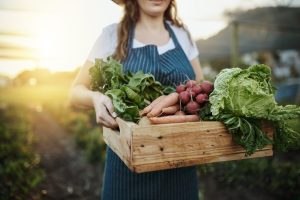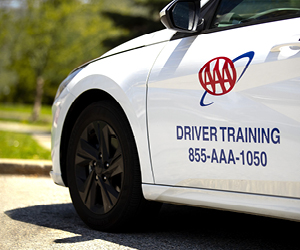Thanksgiving is a contemplative time for many of us, often filled with thoughts of appreciation and how to give back to our loved ones and communities. Along with those important considerations, there’s never been a better time to embrace sustainable traditions.
There are many ways you can have a more environmentally friendly Thanksgiving, beginning with mindful choices about travel and food. Engaging in thoughtful and meaningful acts to celebrate in a sustainable manner can be as joyful as the holiday meal itself.
Sustainable Travel Choices
Thanksgiving is historically one of the busiest times of the year for airports and airlines. And along with all those flights comes a tremendous amount of carbon impact on the planet. The airline industry is responsible for almost one billion metric tons of CO2 emissions annually from burning jet fuel.
Avoiding airline travel for your Thanksgiving holiday, when possible, can be one of the most significant ways to embrace sustainability and minimize your carbon footprint.
“Perhaps the biggest thing you can do as a traveler to contribute to a more sustainable Thanksgiving celebration is to choose to travel by train or bus instead of a plane or a car,” says Sebastian Modak, editor-at-large for Lonely Planet and a well-known sustainable travel advocate.
If you need to travel by car, consider renting an electric vehicle if it’s an option, or carpooling.
“Finding friends or family to carpool with is not only more environmentally responsible, but it can also contribute to less congestion and might even make the hours pass more quickly,” adds Modak. “If you need a reminder of how much fuel we burn unnecessarily, next time you’re in traffic, take a look around and see how many cars are filled with exactly one person.”
Offset Your Flights
When flying can’t be avoided, consider some of the ways you might lessen your impact as you take to the skies.
There’s been much debate about whether carbon offsets – a financial contribution to specific projects or organizations that work to lower or sequester CO2 emissions – are truly useful. While not a complete solution, taking this step can be helpful.
“By buying offsets from a reputable organization, you can contribute something, however small, to counteract the large carbon footprint of flying,” says Modak, who recommends Green-e as one resource where travelers can vet and learn about reputable carbon offset programs.
While you’re at it, you might also reconsider the type of route you choose when flying, to help further decrease your impact, says Modak. “Taking off and landing burn the most fuel, so a nonstop flight, without any stopovers, is going to be more environmentally friendly than one with layovers,” he explains. “Similarly, according to some studies, a business class seat equates to about three times the carbon emissions of an economy class one.”
Sustainable Food Selection
Gathering with loved ones to enjoy a meal is the very heart of the Thanksgiving tradition and history. And here too, it’s possible to celebrate the holiday with sustainability in mind.
There are many steps in the food process where this can be accomplished, beginning with shopping for organically grown food to create your feast. Organic farming has less of an impact on the planet because it involves less pollution and does not use pesticides, which can be harmful to birds, animals and even people living around farms.
Sourcing your food locally is another important choice, one that decreases the carbon emissions involved in food transportation.
“This is the season of the harvest for a reason, so head to your local farmer’s market and stock up on locally grown Thanksgiving staples like potatoes, carrots and other root vegetables,” says Stephanie Seferian, host of “The Sustainable Minimalists” podcast and author of “Sustainable Minimalism: Embrace Zero Waste, Build Sustainability Habits That Last, and Become a Minimalist without Sacrificing the Planet.”
“Sourcing close to home supports your local farmer, keeps your money within your own community and ensures that your Thanksgiving food wasn’t sitting on a diesel-burning truck for thousands of miles. As a bonus, your food will likely be more fresh and tastier,” adds Seferian.
When it comes time for clean-up and disposal of waste, composting food is far more eco-friendly then putting it in the trash. Food scraps such as fruits and vegetables can easily be composted. You might also invite your guests to bring take-home containers for leftovers, to further eliminate waste.

Plant-Based Options
Indulging in turkey is a long-cherished part of the American Thanksgiving tradition from coast to coast. But research has shown that animal-based food production generates an enormous amount of greenhouse gas emissions and contributes to land change degradation and water scarcity. Opting for a plant-based meal can lessen these impacts.
“The most eco-friendly action hosts can take this Thanksgiving is to forego the turkey,” says Seferian. “Eating an animal-based diet has countless deleterious effects on the planet and so any steps we can make toward a plant-based lifestyle is profoundly sustainable.”
Thanksgiving tables often have plenty of sides which, together, make a filling meal, Seferian suggests transforming some of your Thanksgiving favorites into plant-friendly options. For instance, mashed potatoes or sweet potatoes can be prepared with vegan butter or nut-based milk and carrots can be glazed with honey instead of butter.
Giving Back to Your Community
Amid all the hustle and bustle of traveling and celebrating time with loved ones, it’s important to remember the spirit and history behind the Thanksgiving holiday. It’s about helping others. And for many, the holiday continues to be a time to engage in thoughtful acts and deeds.
Some of the ways you might consider doing this include donating money, food or clothing to a local charity or church, or giving your own time volunteering at a food bank, shelter or soup kitchen. These are especially wonderful traditions to begin with children and pass down to future generations.
And perhaps, closest to the theme of Thanksgiving of all, you might consider inviting those who will not be celebrating with friends or family to join your gathering.
AAA’s sustainable travel series is written in partnership with Kind Traveler, a women-and-veteran-owned sustainable travel platform empowering travelers to make a positive impact in local communities, and contributing writer, Mia Taylor.















